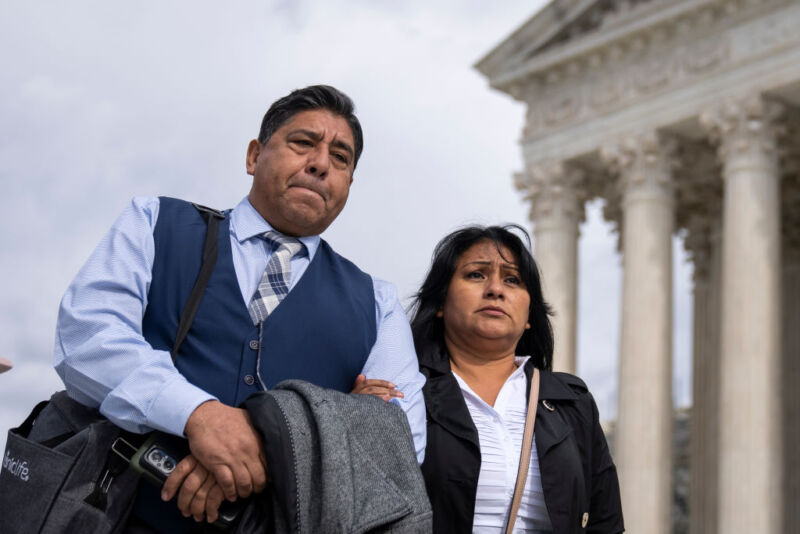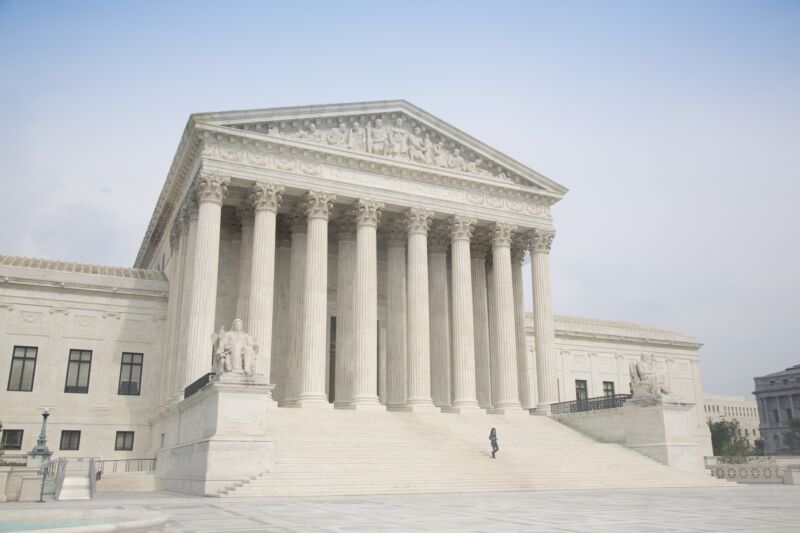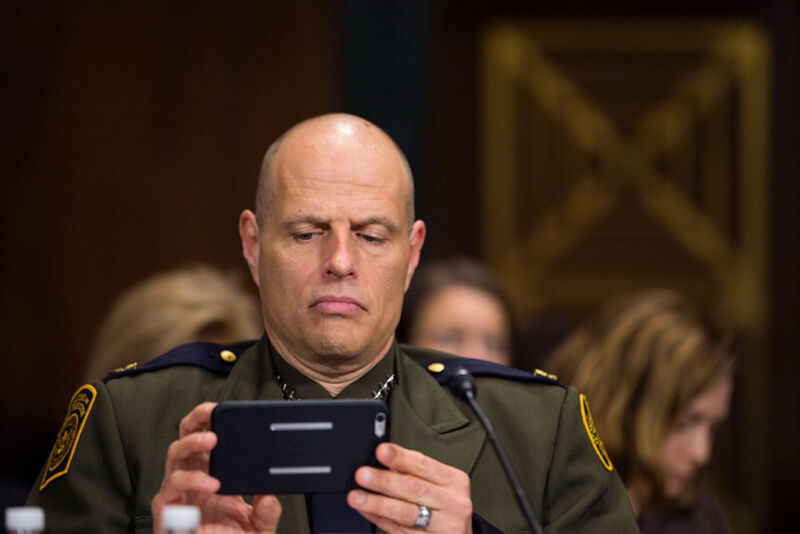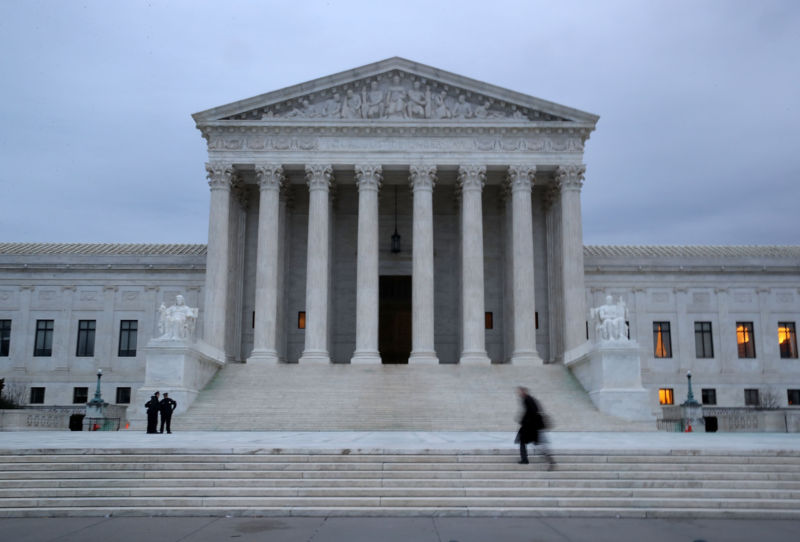 More than eight years ago, internet subscribers in Finland began receiving letters claiming that they owed hundreds of euros to companies they’d never heard of.
More than eight years ago, internet subscribers in Finland began receiving letters claiming that they owed hundreds of euros to companies they’d never heard of.
The letters, sent by the law firm Hedman Partners, alleged that subscribers’ internet connections had been used to download or share movies (some pornographic) using BitTorrent. Alleged pirates were
given a choice
– pay a substantial settlement amount to the rightsholders or face punishing legal action. This controversial business model would occupy Finland’s legal system for years to come.
Thousands of settlement letters, demanding between 600 and 3,000 euros per offense,
targeted
account holders, with
some cases
going to court. In 2015, the chief judge at Finland’s Market Court
questioned
whether the system had the resources to cope but that didn’t deter those seeking to turn piracy into profit.
Initial Victory For Internet Subscribers
Three years after internet subscribers first began receiving settlement demands, a case before the Market Court cast doubt on the future of cash settlement factories in Finland.
Filmmakers had requested the personal details of hundreds of alleged BitTorrent users from local ISP DNA, so they too could be sent demands for cash. According to Section 60a of Finland’s Copyright Act, rightsholders are entitled to obtain a subscriber’s details if they make content available to the public “to a significant extent.”
In this case, the filmmakers’ did provide evidence of infringement but failed to show how serious those infringements actually were – the amount of data transferred or incidences of repeat infringement, for example.
As a result, the Court decided that when balancing the defendants’ privacy rights against those of the filmmakers, the failure of the applicants to meet the criteria in Article 60a meant that the application for disclosure
should be dismissed
.
Rightsholders Refuse to Give Up
In January 2020, media company Scanbox Entertainment filed an application at the Market Court again seeking subscriber details from DNA relating to 34 subscribers. This time it provided additional evidence including the size of the ‘swarm’ (# of people sharing) to which subscribers connected, the size of all swarms where the same content was being shared, plus evidence of ‘test pieces’ downloaded.
The ISP objected, claiming that Section 60a could not be applied; none of the subscribers identified in the application had made the copyrighted material available to the public to a significant extent, as required by law. In some cases, DNA said, alleged infringers had only made content available for a few minutes – seconds in others.
The Market Court ruled that the subscribers should be dealt with on a case-by-case basis. Ultimately it was determined that the threshold for “significant infringement” had been met in five cases – users who shared movies for several days and/or long periods of time repeatedly.
The Court ordered DNA
to hand over the details of those customers to Scanbox and, by extension, a network of movie companies all over Europe and the United States.
Supreme Court Hears Appeal
After both sides were granted permission to appeal, DNA filed a request for the Market Court’s decision to be overturned and for Scanbox’s appeal to be dismissed. Scanbox responded by demanding that DNA’s appeal should be dismissed and the Market Court’s ruling should be annulled and then applied against all subscribers.
The Supreme Court conducted a detailed analysis of the application, including whether the sharing allegedly carried out by the 34 subscribers meets the threshold required under law.
The Supreme Court’s Key Findings:
– In order to prove that [copyrighted content] has been made available to the public, it is not necessary to prove that the relevant user has first downloaded from the network a number of parts of the file representing a certain de minimis threshold value.
– By downloading and installing a separate program that is a prerequisite for using BitTorrent technology, users are aware of the program’s features and have given their consent to use the program. In this regard, the fact that the file containing the work can be downloaded automatically and in very small parts is not important.
– The European Court of Justice has given importance to the large number of IP addresses connected to the network when assessing whether a significant number of persons use a peer-to-peer network using BitTorrent technology.
The Court of Justice of the European Union has also considered it relevant when interpreting the concept of making available to the public that there is an unlimited number of potential recipients and that there is quite a significant number of persons.
– Based on the report presented in the case, BitTorrent users have practically no opportunity to influence in which swarm they share the work and how many users are attached to this swarm. The number of users of the swarm can be considered to indicate the total number of persons who directly participated in the sharing and downloading of a certain work at a certain moment.
– Based on the report presented in the case, an internet subscriber cannot be surprised by the fact that the downloadable work can be downloaded by other users at the same time when BitTorrent is used.
– The disclosure of the subscriber information in question is in accordance with the goal of achieving a fair balance between the copyright holder’s right to access information and the privacy protection of internet users.
“The Supreme Court, based on the above-mentioned grounds, considers that [DNA] must be ordered to hand over to [the rightsholders], in addition to what is ordered by the Market Court, the user’s and subscriber’s contact information also from those telecom subscriptions for which the Market Court has rejected the application,” the decision concludes.
In short, all 34 subscribers met the threshold for significant infringement and will have their details passed on to the rightsholders. It is likely that all will receive demands for cash settlements in the near future and that more applications will be filed by rightsholders now they have a green light.
The only remaining questions relate to the scale of the operation and how aggressively it will be pursued.
The Supreme Court decision can be found
here
From:
TF
, for the latest news on copyright battles, piracy and more.
 chevron_right
chevron_right




 Founded more than 16 years ago, Rojadirecta is one of the oldest and most popular linking sites for sports streaming events.
Founded more than 16 years ago, Rojadirecta is one of the oldest and most popular linking sites for sports streaming events.



 More than eight years ago, internet subscribers in Finland began receiving letters claiming that they owed hundreds of euros to companies they’d never heard of.
More than eight years ago, internet subscribers in Finland began receiving letters claiming that they owed hundreds of euros to companies they’d never heard of.

